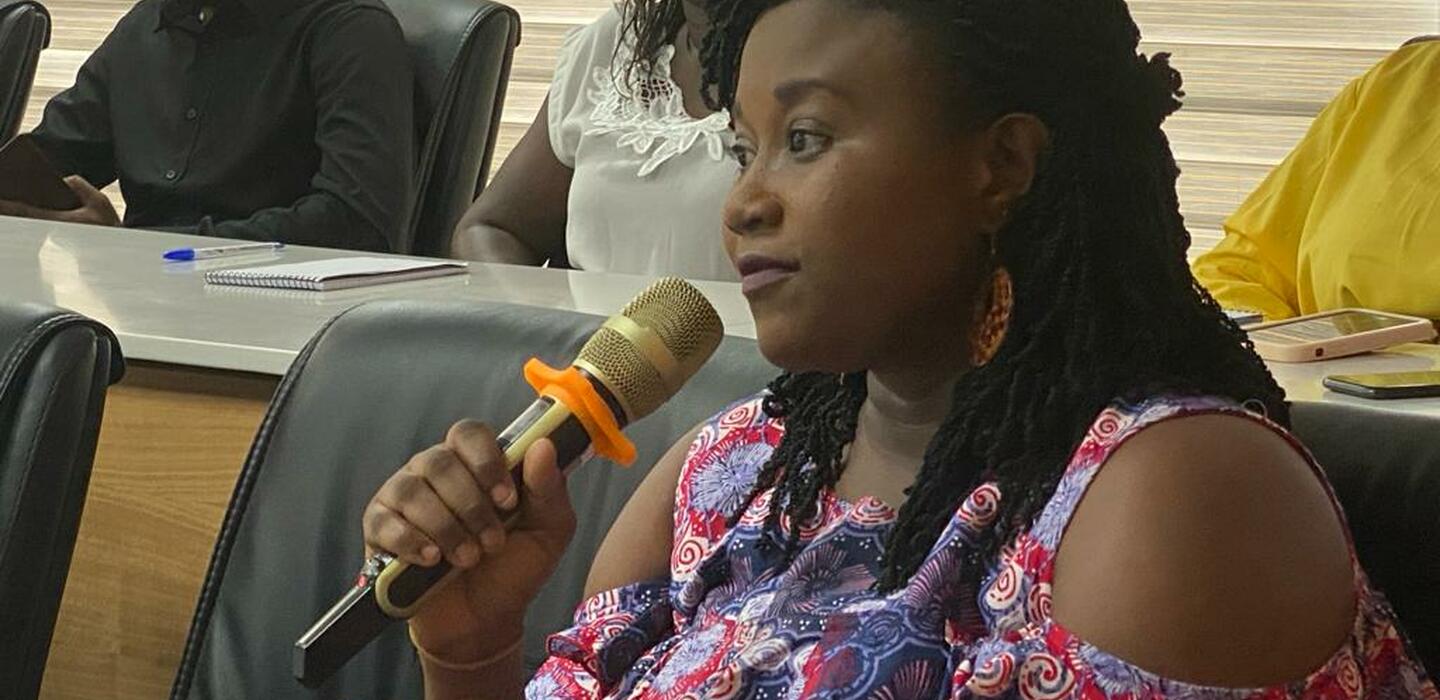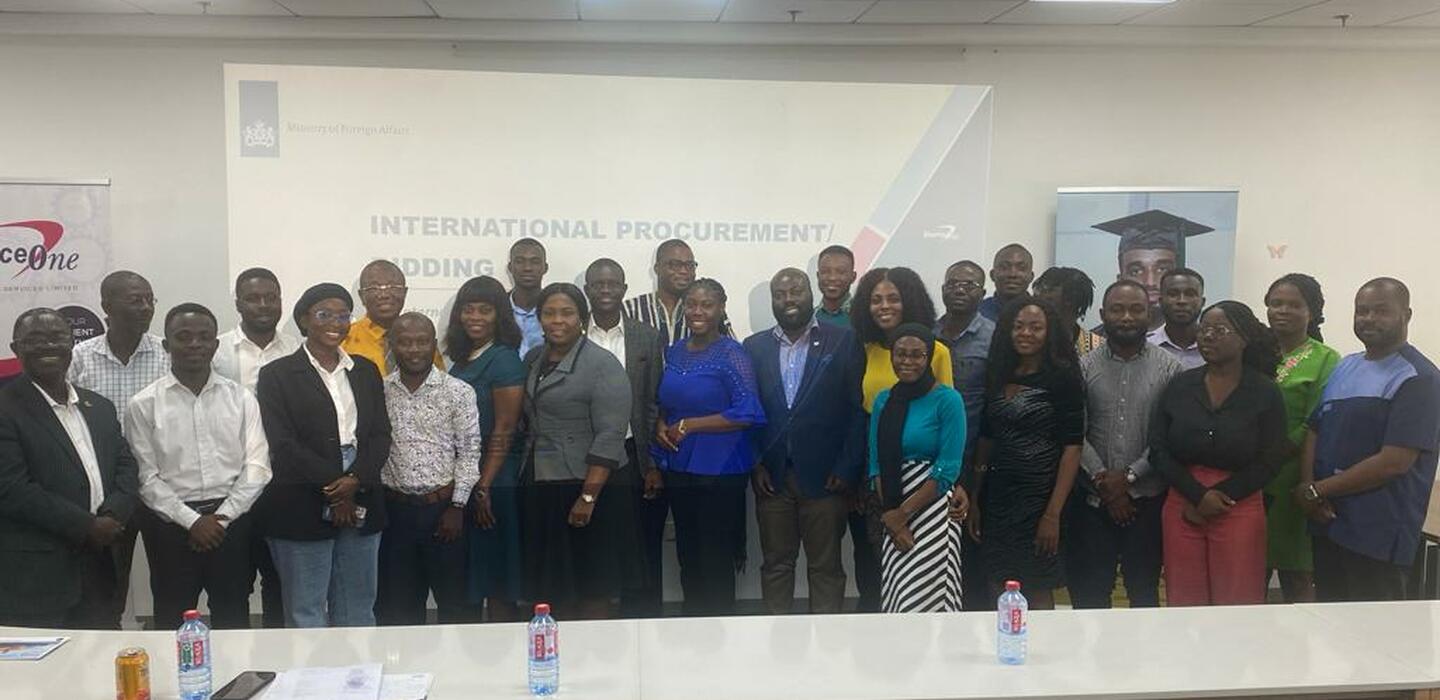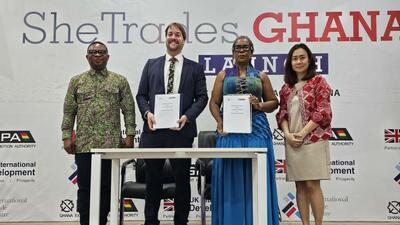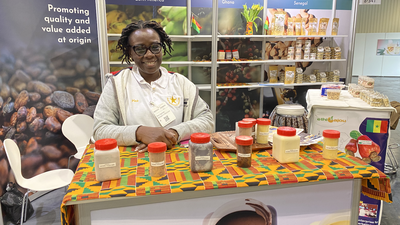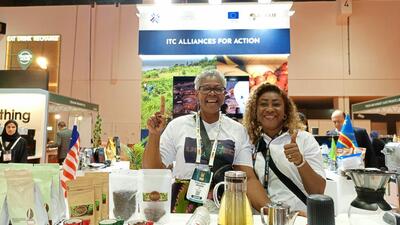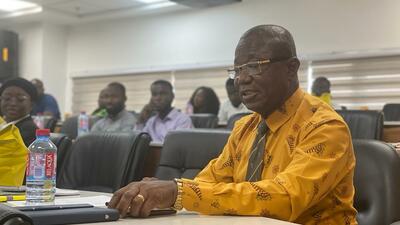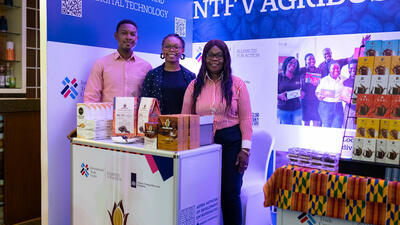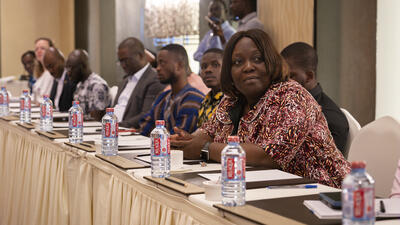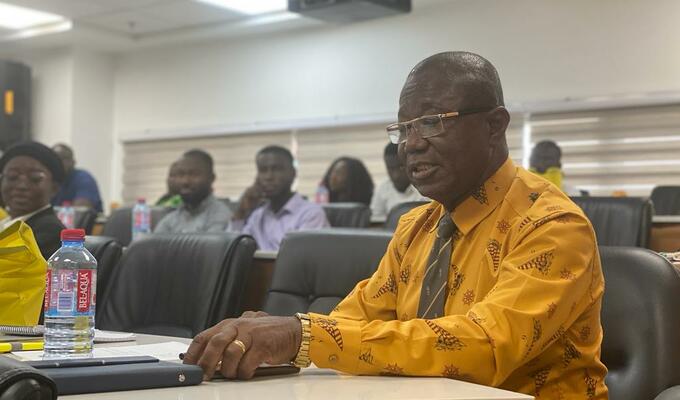
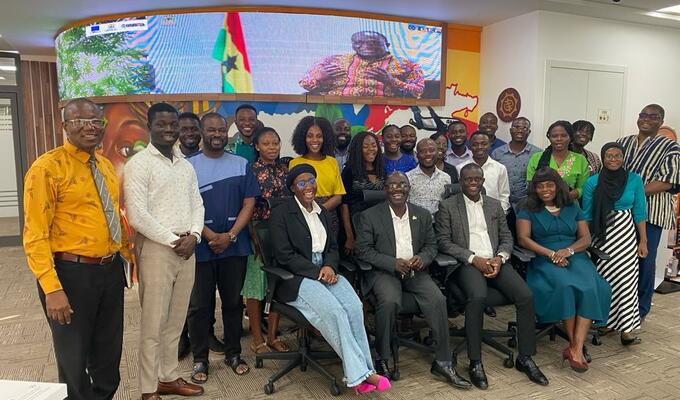
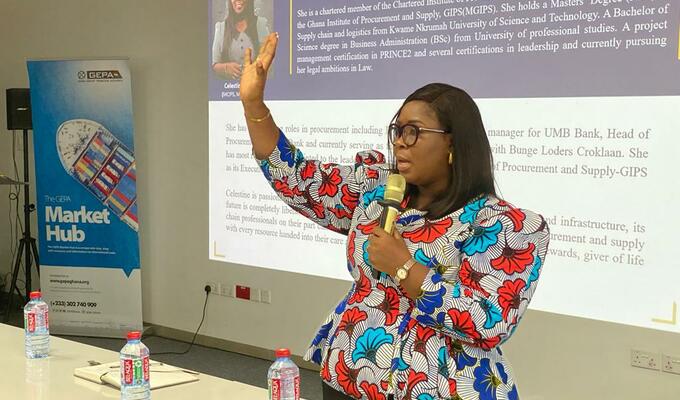
Ghana tech firms eye international deals
A new training programme revealed how companies in Ghana can craft compelling bids for international contracts. That’s opened the door to greater opportunities around the world.
Some 34 companies joined the training sessions, and most had never bid for international contracts. So the sessions were built from the ground up, starting with how to identify relevant bids and then to prepare the actual tender.
‘It helped put things in perspective for us, in the sense that we did not have standard operating procedures or processes for bidding,’ said Fiifi Baidoo, the founder of Cloudport. ‘The training did help in terms of structuring a bid, and in terms of preparedness, ethics and relationship building to get the maximum out of bidding.’
His company helps businesses and government institutions work more efficiently by moving their systems into the cloud. That’s the kind of service that’s in demand around the world, if you know where to look for the opportunities.
Equipped with their new insights from the training, Cloudport has put in place systems to monitor for upcoming opportunities.
‘After the training, we have identified six potential proposals and tenders, and have successfully submitted three so far,’ he said. Three other bids were being submitted in late 2023 and early 2024, he added.
The training was conducted in July under the Netherlands Trust Fund V (NTF V) programme of the International Trade Centre (ITC). The participants included IT and business process outsourcing companies that are positioned to sell their services abroad.
NTF V’s Ghana Tech project delivered the training by teaming up with the Ghana Export Promotion Authority (GEPA) and SourceOne, a consultancy specialized in procurement. GEPA hosted the training at their offices in Accra.
Including sustainability to bolster bids
Henrietta Mensah is head of partnerships at OpenLabs, an IT training institution. They’ve made international bids in the past, seeking funding so that they can train more young people at their five campuses across Ghana.
‘We’ve come to understand how to present ourselves better in the funding that we apply for,’ she said. A key takeaway from the training was how important sustainability issues are to international funders.
‘Essentially, we need to be very considerate of sustainability, of the environment, and to consider how we will do these things in order to be considered by funders,’ she said.
That could mean things like looking at how to dispose of electronic waste when they upgrade computer systems.
OpenLabs already teaches about 1,000 students a year, but Henrietta said that with international funding, they can expand services – particularly to girls and other underserved groups.
‘We’re aiming to reach out to more vulnerable groups, including persons with disabilities, to train them for the gig economy,’ she said. ‘Tech skills have become a basic requirement to survive. Once we equip the marginalized with tech skills, they can become more independent.’
‘OpenLabs successfully submitted two proposals — one on the local front and another for an international project,’ Mensah said. ‘We made a concerted effort to incorporate the insights gained during the training, aiming to apply best practices and enhance the quality of our submissions.’
GEPA supports exports of everything from IT and education services to fruits and handicraft. The training is the latest example of how ITC, GEPA and SourceOne collaborate closely to boost exports from Ghana, in line with the ITC mission of Trade for Good.
About the project
The Netherlands Trust Fund V (NTF) (July 2021 – June 2025) is based on a partnership between the Ministry of Foreign Affairs of The Netherlands and the International Trade Centre. The programme supports MSMEs in the digital technologies and agribusiness sectors. Its ambition is two-fold: to contribute to an inclusive and sustainable transformation of food systems, partially through digital solutions, and drive the internationalization of tech start-ups and export of IT&BPO companies in selected Sub-Saharan African countries.




